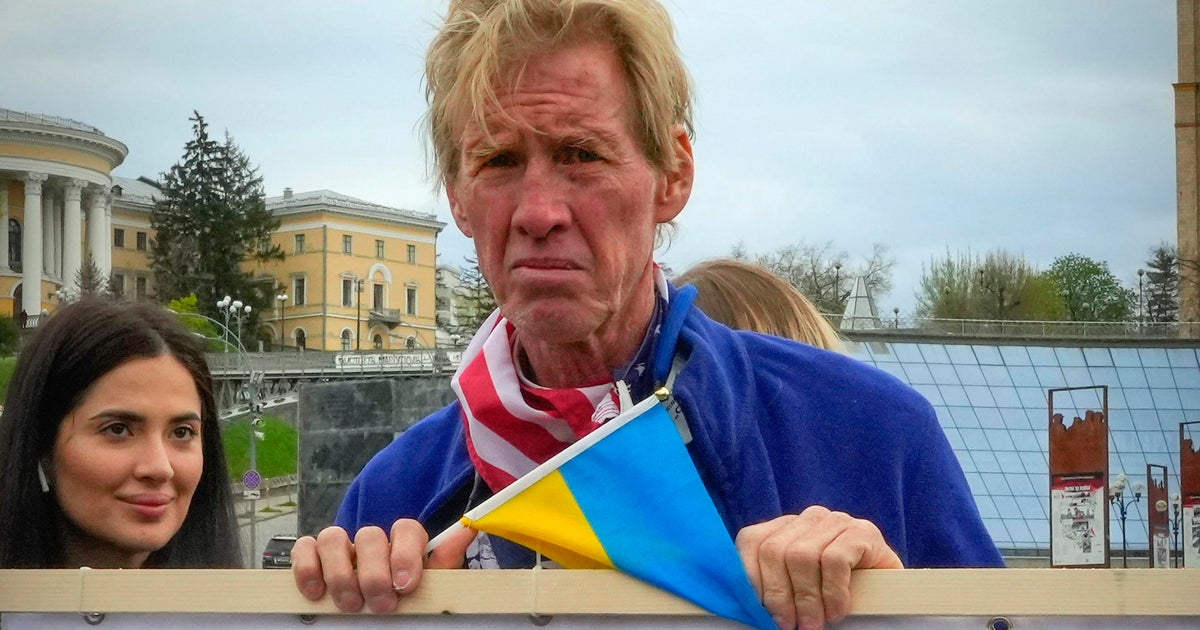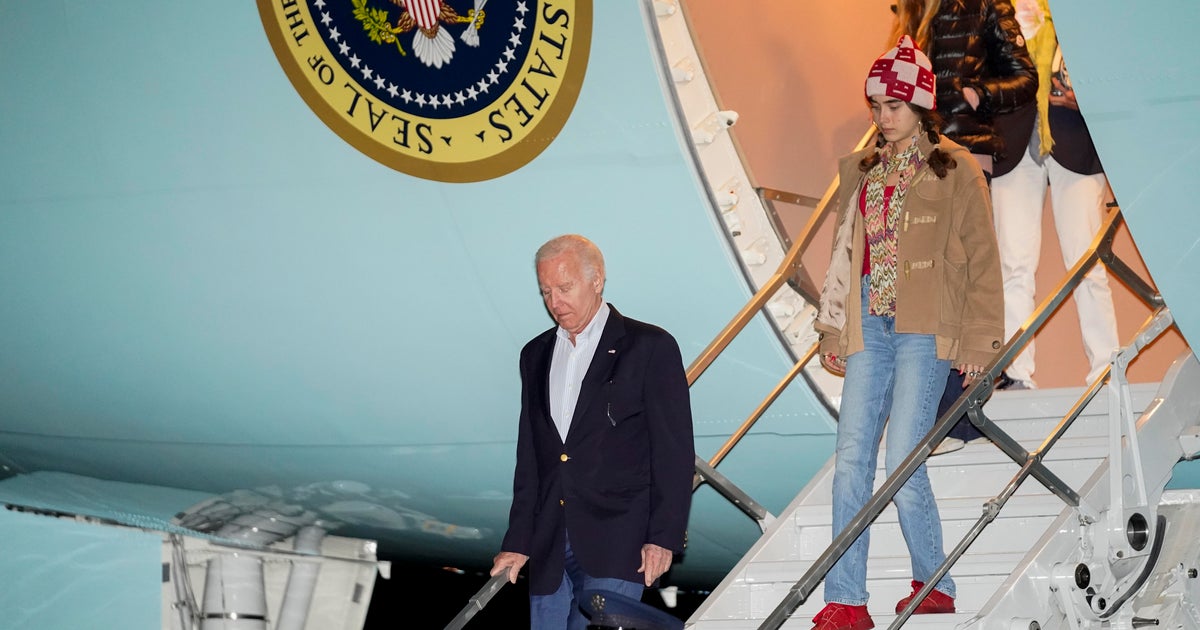Tribeca Film Festival doubles down on politics
NEW YORK -- Tribeca Film Festival has always been political since its inception after the Sept. 11 attacks, but the festival is doubling down now that President Donald Trump is in office.
Tribeca co-founder Robert De Niro, after all, has repeatedly said he’d like to punch Trump in the face.
Trump’s 100th day in office will fall during the New York festival, which opens Wednesday with a Clive Davis documentary, “Soundtrack of Our Lives,” and star-studded concert tribute to the legendary music producer. Tribeca, now in its 16th year, is the first big film festival to be programmed and substantially oriented in the political climate since last November’s election.
And Tribeca organizers acknowledge it has shaped this year’s festival all the way down to its slogan: “See yourself in others.” It recently trotted out an accompanying video in which New Yorkers walk the streets with mirrored cubes for heads: an intended message of empathy, it says, for “a very divisive year.”
“We programmed the festival this year the way the current administration did their budget,” Jane Rosenthal, co-founder of the festival, said tongue in cheek. “That said, we’re also about entertaining -- which this administration has also done for us.”
Tribeca, which runs for 12 days, is a particularly eclectic festival that encompasses celebrity talks (Springsteen and Hanks!), television premieres (this year Hulu’s anticipated “The Handmaid’s Tale” debuts there), an ever-expanding virtual reality component and several movie anniversary celebrations. This year, parts one and two of “The Godfather” will play at Radio City Music Hall, with the casts in attendance.
So while defining a theme in an increasingly multi-screen, multimedia festival only goes so far, there’s an undeniable presence of films that dig into the past for clues that lead to today. Many are documentaries that, though they’ve been in production for years, help articulate the populist unrest that pushed Trump to the White House.
“A Gray State,” by “Grizzly Man” producer Erik Nelson, is about an Iraq veteran from Minnesota named David Crowley who was trying to create a dystopian science-fiction film that gave voice to libertarian and right-wing fears. But his death, along with that of his wife and young daughter, led to their own conspiracy theories. It’s a tragedy in which an intelligent but increasingly troubled man appears to internalize the fringe politics he consumes himself with.
“It’s really a core sample, to me, of what’s going on today,” says Nelson, whose film is executive produced by Werner Herzog. “David was speaking to that subcutaneous audience out there who are looking for truths that they don’t see provided in the quote-unquote ‘mainstream media. And on election night, we saw those people kind of come out of the shadows and tip a few elections.”
Crowley documented much of his disintegration on video and social media, and Nelson considers his obsessive self-broadcasting part of his sickness. “It’s not the right film for the right time,” says Nelson. “It’s the right film for the wrong time.”
“The Reagan Show,” by Sierra Pettengill and Pacho Velez, uses archival footage to show how extensively Ronald Reagan redefined the role of the U.S. president through television. It shows the former Hollywood star’s savvy manipulation of his media image: hitting his marks and sticking to the script.
After working on it for the last three years, the filmmakers completed it on inauguration day. “Which was surreal,” says Pettengill. “The Reagan Show” will undoubtedly be watched as illuminating another TV veteran in the White House.
“This is the roots. This is the formative moment that allowed us to get where we are,” says Pettengill. “I don’t think there would have been a Trump without a Reagan. The idea of having a media personality who millions and millions of people feel like they have access to, who they feel like has been in their living rooms.”
There is, naturally, much dissimilarity between the two. Reagan, who is seen in the film wondering how previous presidents managed without prior acting experience, is a clearly more polished performer. Pettengill suggest that’s the difference between the skills of a movie star and a reality TV star. “What being a performer means is very different in those two different realms,” she says.
David Byars’ “No Man’s Land” tells the story behind the Oregon protesters who occupied the Malheur National Wildlife Refuge last year. “Get Me Roger Stone,” by Daniel DiMauro, is about the Republican self-proclaimed “trickster” and Trump associate currently under FBI scrutiny for his role in Russian interference in the presidential election.
There is a trio of films that dig into police brutality: “Frank Serpico,” on the famous whistleblowing New York police officer; “LA92,” on the Rodney King assault and its subsequent riots in Los Angeles; and “Copwatch,” about a police-documenting organization.
And there are also issues of equal rights (the trans icon investigation “The Death and Life of Marsha P. Johnson”), a number of environment-focused films and events scheduled around Earth Day, and even an appearance from Michael Moore for an anniversary of his 2002 documentary on guns and mass shootings, “Bowling for Columbine.” The festival declares, “In the age of Trump ... there’s no better time to revisit” the film.
“What’s interesting,” says Rosenthal, “is that we have films that are looking back that show: How did we get here?”



